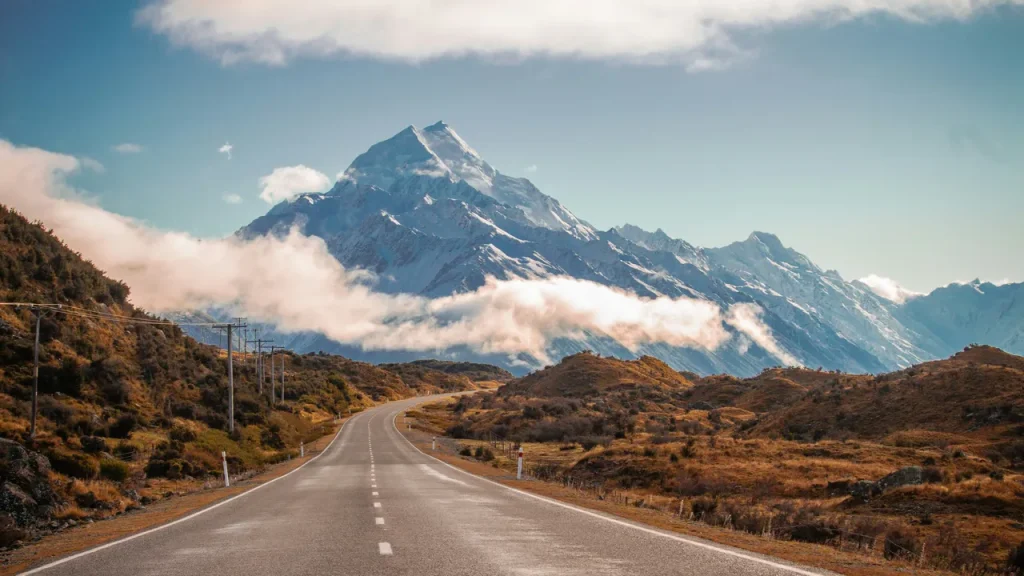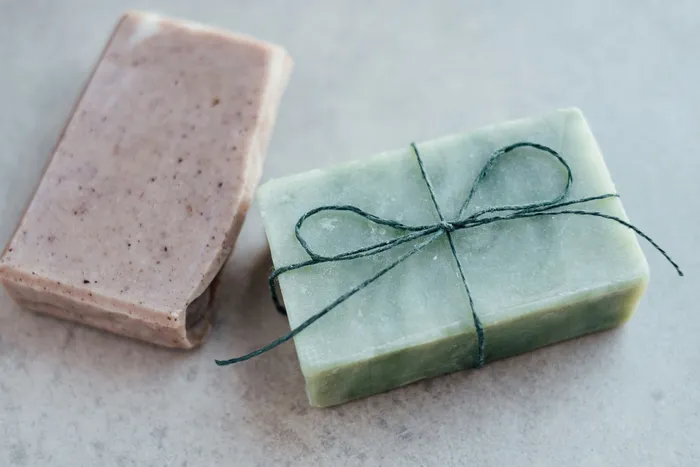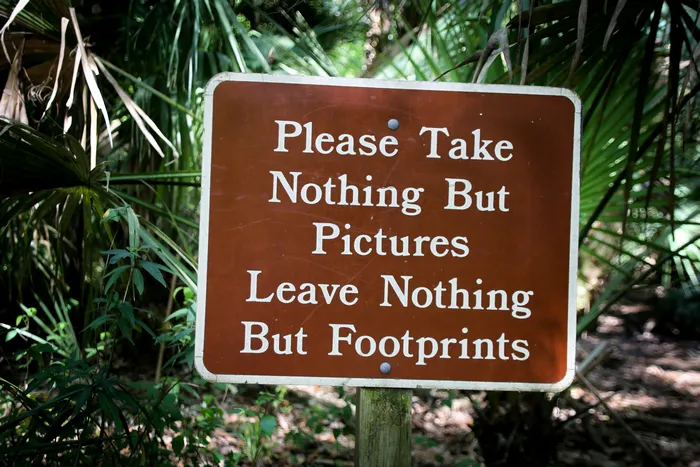
Traveling the roads of New Zealand or Australia in a van is a dream for many adventure-seekers. However, given the current climate and environmental challenges, it’s essential to adopt a more responsible approach. Choosing an eco-friendly road trip in Oceania ensures you minimize your ecological impact while fully enjoying the breathtaking landscapes and natural treasures these regions offer. In this article, discover practical tips for traveling sustainably and respecting the environment, all while savoring the essence of a van road trip.
Selecting the right vehicle is essential to minimize the ecological footprint of your eco-friendly road trip in Oceania. Opt for a fuel-efficient model or one with solar panels. This way, you not only reduce your CO2 emissions but also save on fuel costs.
On a road trip, it’s common to use products like soap, shampoo, or dishwashing liquid outdoors. To protect local ecosystems, it’s crucial to choose biodegradable and environmentally-friendly alternatives. These products break down quickly and prevent pollution of watercourses and soils. Also, be sure to use them sparingly and never pour them directly into nature.

For an eco-friendly road trip in Oceania, opt for reusable items like water bottles, fabric bags, or bamboo cutlery. By replacing single-use plastics with these alternatives, you significantly reduce your waste and environmental impact. Every small action contributes to protecting local ecosystems.
The “Leave No Trace” principle aims to protect the environment by avoiding any visible impact of your presence. This principle involves simple actions: picking up your waste, respecting local wildlife, preserving natural sites, and reducing your ecological footprint.
Always carry a trash bag to collect your waste during your journey. In Australia and New Zealand, many rest areas along the roads are equipped with recycling bins. Take advantage of these facilities to sort your waste properly (plastic, glass, paper, organic) and recycle whenever possible.
Important: Organic waste, such as food scraps, may seem harmless, but it is crucial never to leave them in nature. These wastes can disrupt local ecosystems and attract wildlife, causing imbalances.

During an eco-friendly road trip in Oceania, national parks and nature reserves are treasures to preserve. It’s essential to follow local rules, such as bans on wild camping in sensitive areas. Camping outside designated sites can damage natural habitats and disturb local wildlife, endangering these fragile ecosystems.
When hiking, stick to marked trails to minimize your impact on flora and fauna. Carry all your waste and avoid picking plants or disturbing animals. By adopting these responsible behaviors, you actively contribute to the preservation of these unique environments for future generations.
When shopping, if possible, choose local and organic products to reduce your environmental impact. In New Zealand and Australia, many farmers’ markets offer fresh seasonal products, often sold without plastic packaging. By supporting these local producers, you reduce your carbon footprint while contributing to a more sustainable economy.
Embarking on an eco-friendly road trip in Oceania, whether in New Zealand or Australia, is entirely possible by adopting a few simple practices. By planning your itinerary carefully, choosing biodegradable products, and respecting local regulations, you actively contribute to preserving these magnificent landscapes.
Article written by Manon from Goldenturtles
Ne manquez plus les meilleures opportunités de road trip avec Vanz Travel ! Abonnez-vous pour recevoir bons plans et conseils pratiques pour vos aventures en van.

Looking for the perfect van for your next adventure? Look no further than Vanz Travel! We offer an extensive range of campervan rentals in Australia and New Zealand, ensuring that you’ll find the ideal vehicle to suit your needs and budget.
Copyright Vanz Travel Pty Ltd, all rights reserved.